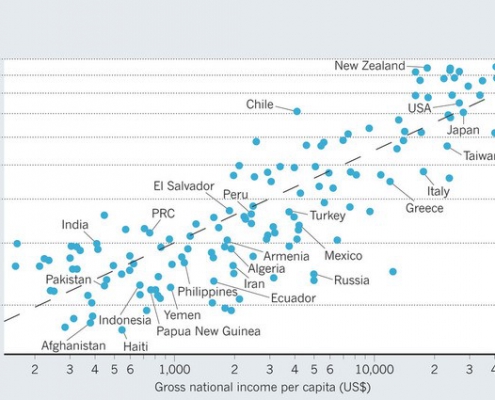
Earthquakes and Shaky Ethics: The Perils of Construction Corruption
Blog A study in Nature shows that our planet has a lot to teach us about business ethics. While we know that ethics pays, what is also now clear is that the absence of ethics can kill.
A study in Nature shows that our planet has a lot to teach us about business ethics. While we know that ethics pays, what is also now clear is that the absence of ethics can kill.
Nicholas Ambraseys of the Department of Civil and Environmental Engineering, Imperial College London and Roger Bilham from the Cooperative Institute for Research in Environmental Sciences and the Department of Geological Sciences at the University of Colorado, Boulder compared deaths from earthquakes and found that “83% of all deaths from building collapse in earthquakes over the past 30 years occurred in countries that are anomalously corrupt.” This is all the more staggering when you consider that the researchers removed any contributing factors, such as poor building materials, from their analysis.
The construction industry is an industry both highly valued and highly susceptible to corruption. Governments, regulators, businesses and workers all have a vested interest in reducing and eliminating bribery and other practices that put people at risk. Without a systemic approach to reducing corruption and improving ethics, it won’t just be buildings that crumble; trust, stability and the long-term viability of a governmental body also risk imminent collapse.

Point-of-Risk Compliance
BlogThis piece is cross posted from ES collaborator Jeffrey Kaplan's "Conflicts of Interest" blog with permission.
Marketers have long known that “point-of-sale” display of products can be a powerful advertising tool. But can its logic be put to work for promoting compliance and ethics?
I was recently asked by a client to fill out a vendor information form and noticed that in addition to seeking information from vendors the form required the employee proposing the hiring to certify that any conflict of interest involving the vendor had been disclosed and okayed by management and the C&E officer. While I know that many companies have some form of COI certifications (see prior posts), I can’t recall having seen one on a vendor information form of this sort before – even though the common sense of such a “point-of-risk” compliance approach seems pretty obvious. Indeed, it is hard to think of any reason why a company wouldn’t do this.
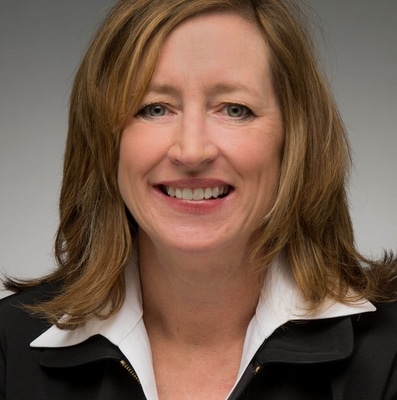
Featured Collaborator for December: Ann Tenbrunsel
BlogInterview with Ann Tenbrunsel, the David E. Gallo Professor of Business Ethics at the Mendoza School of Business at the University of Notre Dame, and co-author of Blindspots
What are your main areas of research?
My work has focused on why individuals behave in ways that deviate from their values and are not aware that they are doing so. Within that domain, I have focused on how the situation leads to "ethical fading" in which people do not realize they are in fact presented with an ethical decision. If you don't realize you are faced with an ethical dilemma, then your ethical values and principles wont be part of the decision process. I have examined individual level factors-- temptation, forecasting errors, construal level, moral self-image and power-- as well as organizational level factors-- business framing, sanctions,perceived retaliation, organizational cultures of justice and respect, formal and informal communications-- that may influence unethical behavior.
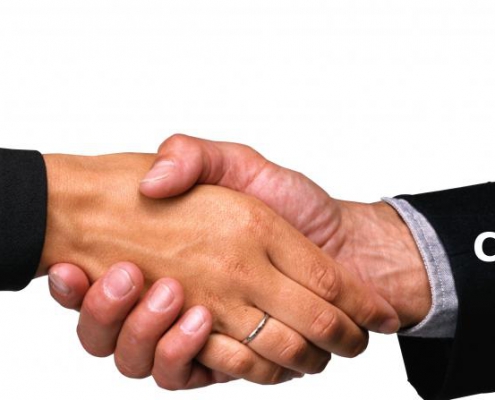
Reforming Culture and Behavior in the Financial Services Industry Conference
Blog The Reforming Culture and Behavior in the Financial Services Industry Conference last week at the Federal Reserve Bank of New York* demonstrated that today’s financial industry understands the need for culture and behavior change in order to run a more ethical company. After spending many years focused on implementing compliance programs, there is now an complementary understanding of the role of ethics and its important function in shaping culture and reputation. The financial industry, however, must confront the bigger challenge of finding ways to actually change behavior.
The Reforming Culture and Behavior in the Financial Services Industry Conference last week at the Federal Reserve Bank of New York* demonstrated that today’s financial industry understands the need for culture and behavior change in order to run a more ethical company. After spending many years focused on implementing compliance programs, there is now an complementary understanding of the role of ethics and its important function in shaping culture and reputation. The financial industry, however, must confront the bigger challenge of finding ways to actually change behavior.

Ethical Systems Design is the Red Pill for Reducing Inequality
BlogPart 2 of Jonathan Haidt's post on his recent talk at the Aspen Ideas Festival. Read Part 1 here.
 A friend of Mark Twain once said, “Everybody talks about the weather, but nobody does anything about it.” Rising inequality is similar. Many on the left urge policies that would redistribute wealth more effectively, such as raising the top marginal tax rates. Some on the right have begun talking about inequality, and they propose policies that would encourage entrepreneurialism among the poor and working class, such as clearing away licensing restrictions on hairdressers and other small businesses.
A friend of Mark Twain once said, “Everybody talks about the weather, but nobody does anything about it.” Rising inequality is similar. Many on the left urge policies that would redistribute wealth more effectively, such as raising the top marginal tax rates. Some on the right have begun talking about inequality, and they propose policies that would encourage entrepreneurialism among the poor and working class, such as clearing away licensing restrictions on hairdressers and other small businesses.
Yet given the politically charged nature of this debate, neither side is going to get a chance to try its policies unless it gets control of the Oval Office and both houses of Congress.
Aren’t there any new ideas out there? Isn’t there anything that both sides might support? How about…better business ethics, achieved with little or no new regulation? How about Ethical Systems Design?

Buddha Makes the Business Case for Business Ethics
Blog Part 1 of 2 on my talk at the 2015 Aspen Ideas Festival.
Part 1 of 2 on my talk at the 2015 Aspen Ideas Festival.
In just the last few years, there has been a lot of new research showing when and why ethics pays. I recently pulled this evidence together for a talk I gave at the Aspen Ideas Festival. I set up the argument by quoting Buddha’s version of the business case:
Set your heart on doing good.
Do it over and over again, and you will be filled with joy.
A fool is happy until his mischief turns against him.
And a good man may suffer until his goodness flowers.

Featured Collaborator for November: David Hirshleifer
Blog Interview with David Hirshleifer, Professor of Finance and Merage Chair in Business Growth, University of California-Irvine
Interview with David Hirshleifer, Professor of Finance and Merage Chair in Business Growth, University of California-Irvine
What are your main areas of research?
I do research in behavioral finance, economics, accounting, and social science more generally. My main focus in recent years has been on how social interactions affect behavior, and on the cultural transmission of beliefs and behavior.
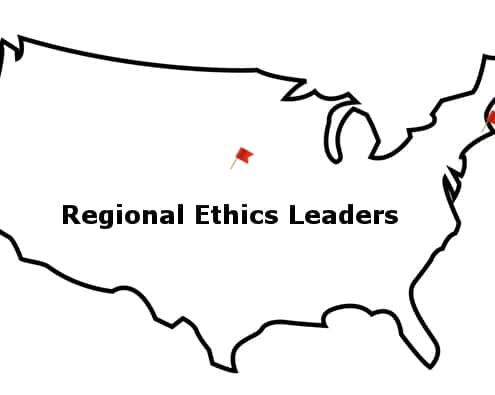
Ethics and the City: Regional programs for success
Blog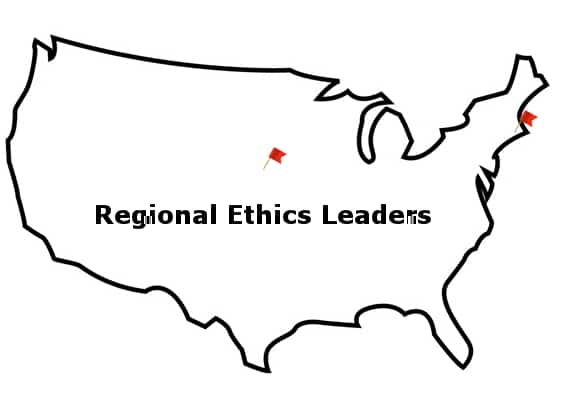 Ethical systems design is rooted in a systems-approach. We at Ethical Systems generally look at these at 3 levels: 1) personal ethics; 2) organizational ethics; and 3) the national culture and legal/regulatory environment. It is the interplay between these levels that creates a self-sustaining ethical culture.
Ethical systems design is rooted in a systems-approach. We at Ethical Systems generally look at these at 3 levels: 1) personal ethics; 2) organizational ethics; and 3) the national culture and legal/regulatory environment. It is the interplay between these levels that creates a self-sustaining ethical culture.
Within the context of the third level, there is an emerging trend, where ethics and culture are being used to promote regional economic development. Ethics is taking center stage in two cities- Boston and Omaha- and galvanizing people to come together to engage in discussion and identify solutions.
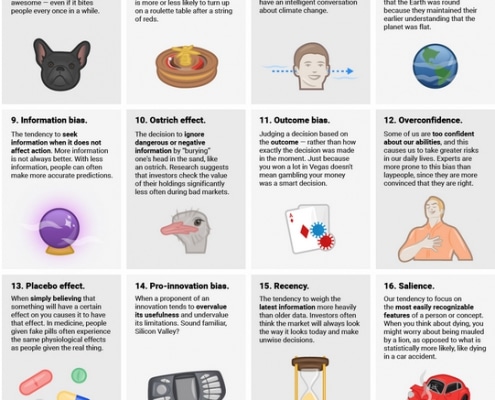
Biases and Decision Making
Blog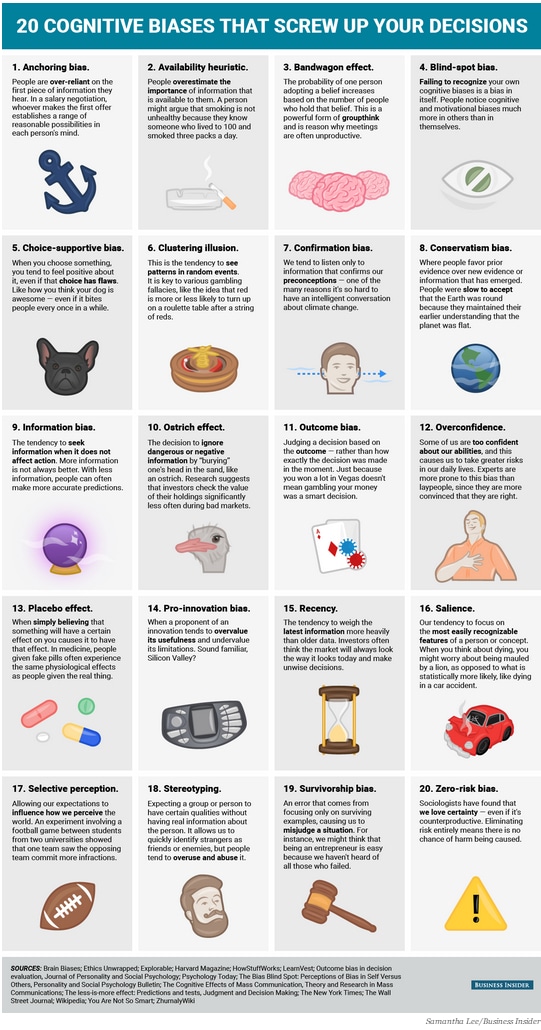 From the things we say to the actions we take each day, our world- and that of business- is comprised of thousands of decisions, both big and small. How we come to make those decisions is the result of intuition and analysis and, in most cases, influenced by biases that we may or may not be aware of.
From the things we say to the actions we take each day, our world- and that of business- is comprised of thousands of decisions, both big and small. How we come to make those decisions is the result of intuition and analysis and, in most cases, influenced by biases that we may or may not be aware of.
We know about blind spots in decision making, mostly because of the work of ES collaborators Max Bazerman and Ann Tenbrunsel. A recent graph published in Business Insider: Australia, and included below, depicts additional biases that all would be wise to learn and attempt to obviate when analyzing ideas and programs.
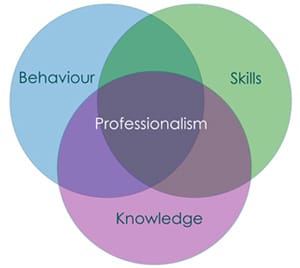
Professionalism and Ethics: A missed connection?
Blog What does professionalism mean to you? Often, people who identify as a professional think of themselves not only as knowledgeable in their discipline, but also rational, objective and serving a higher purpose (e.g., the client’s needs). These are laudable goals, but new research shows that these characteristics could actually lead to people making self-interested, and ultimately unethical or damaging, decisions.
What does professionalism mean to you? Often, people who identify as a professional think of themselves not only as knowledgeable in their discipline, but also rational, objective and serving a higher purpose (e.g., the client’s needs). These are laudable goals, but new research shows that these characteristics could actually lead to people making self-interested, and ultimately unethical or damaging, decisions.
In a paper on Professionalism and Moral Behavior, Maryam Kouchaki of the Kellogg School of Management at Northwestern University, tests the hypothesis that an emphasis on one's professional identity has a greater likelihood of an individual engaging in unethical behavior. This is an important inquiry in light of ethical failures in companies where lawyers and accountants often act as “gatekeepers” on ethics and compliance issues vis a vis corporate practices. Based on evidence from her lab studies and employee surveys, Kouchaki concludes that priming professionalism may actually lead to increased misbehavior.
